Getting reimbursed properly for performing procedures is all in the details, especially in areas that can be confusing to code.
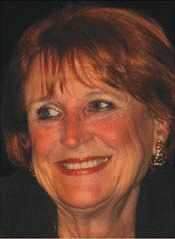
Patient-Reported Outcomes Assessment in the Practice Setting: Part 2: Setting Up an Outcomes Assessment Program in Your Practice
Disease-specific outcomes measures in otolaryngology-head and neck surgery can be completed by your patients before and after treatment, enabling tracking of these important outcomes with a minimum of disruption to the normal practice routine
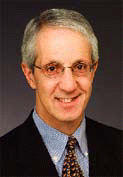
The ‘Medical Home’: A New Deal for Doctors or Gatekeeper Redux?
If primary care physicians are to be believed, home is where the patient is-the Patient-Centered Medical Home (PC-MH), that is.
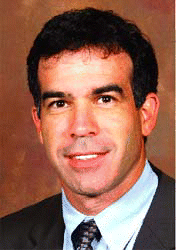
Office-Based FNA Thyroid Nodule Biopsies a Viable Option
Physicians can successfully perform ultrasound-guided (US) fine-needle aspiration biopsy (FNAB) of thyroid nodules in the office instead of referring patients to a hospital-based radiologist for the procedure, according to new data presented at the annual meeting of the American Academy of Otolaryngology-Head and Neck Surgery.
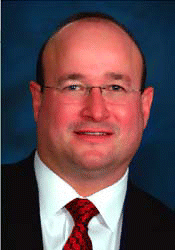
To Accredit or Not to Accredit?: Accreditation Soon May Be Required for In-Office CT Scanners: Part 2 of 3
By March 1, 2008, otolaryngologists offering point-of-care CT scanning-and who are UnitedHealthcare providers-must initiate accreditation of their diagnostic facilities.
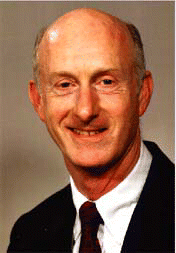
What If They Gave Universal Coverage and No Doctors Came?
The growing numbers of politicians and special interest and consumer groups pushing health insurance for all often neglect-and sometimes penalize-the people they need most for such plans to succeed: America’s physicians.
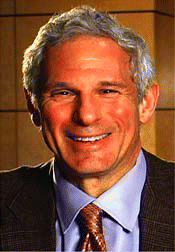
Lawyers Tell Physicians How to Protect Themselves from the Pitfalls of Employment
More often than not, today’s medical offices are businesses employing numerous staff people, as well as other physicians.
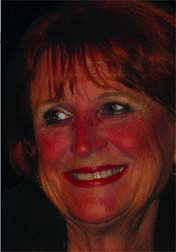
Patient-Reported Outcomes Assessment in the Practice Setting
How are your patients doing? Do you know the impact of their disorders-and the management approach you selected for them-on their health-related quality of life?
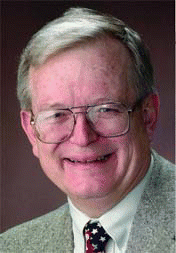
Reimbursement and Outcome Measurement in Otolaryngology Practices: What the Government Can Do to You and for You
Contrary to popular belief, CMS is in the business of paying for quality care, not just the volume of care provided.
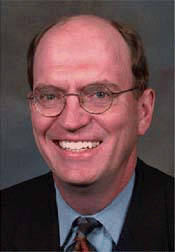
Pay4Call: Economic, Ethical, and Quality Issues of Payment for Taking Call: Physicians Angry at Lack of Payment
In one of the first sessions at the American Academy of Otolaryngology–Head and Neck Surgery annual meeting, otolaryngologists made it overwhelmingly clear that they believe they should be paid for being on call for emergencies and consultations.
- « Previous Page
- 1
- …
- 20
- 21
- 22
- 23
- 24
- …
- 27
- Next Page »